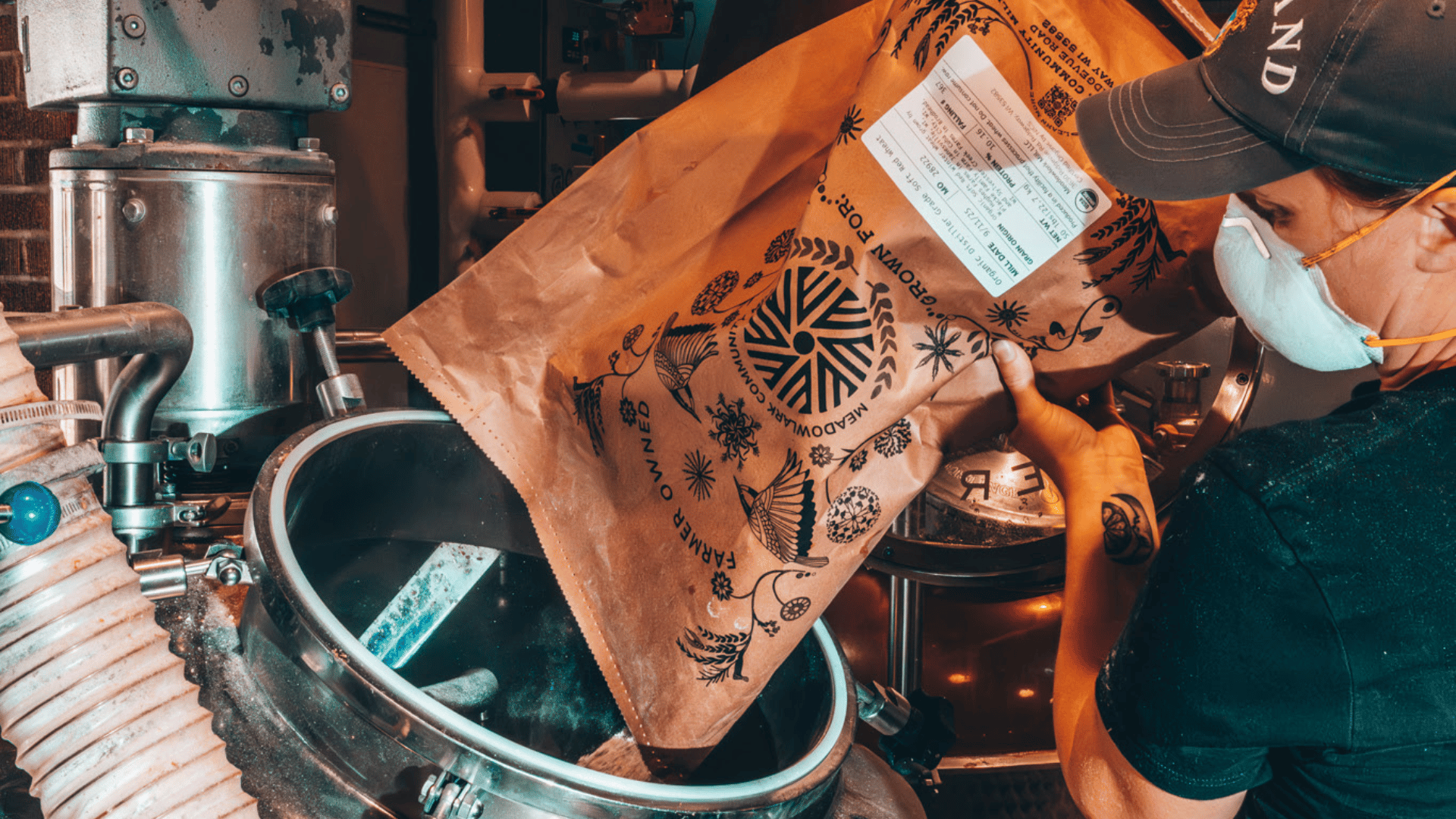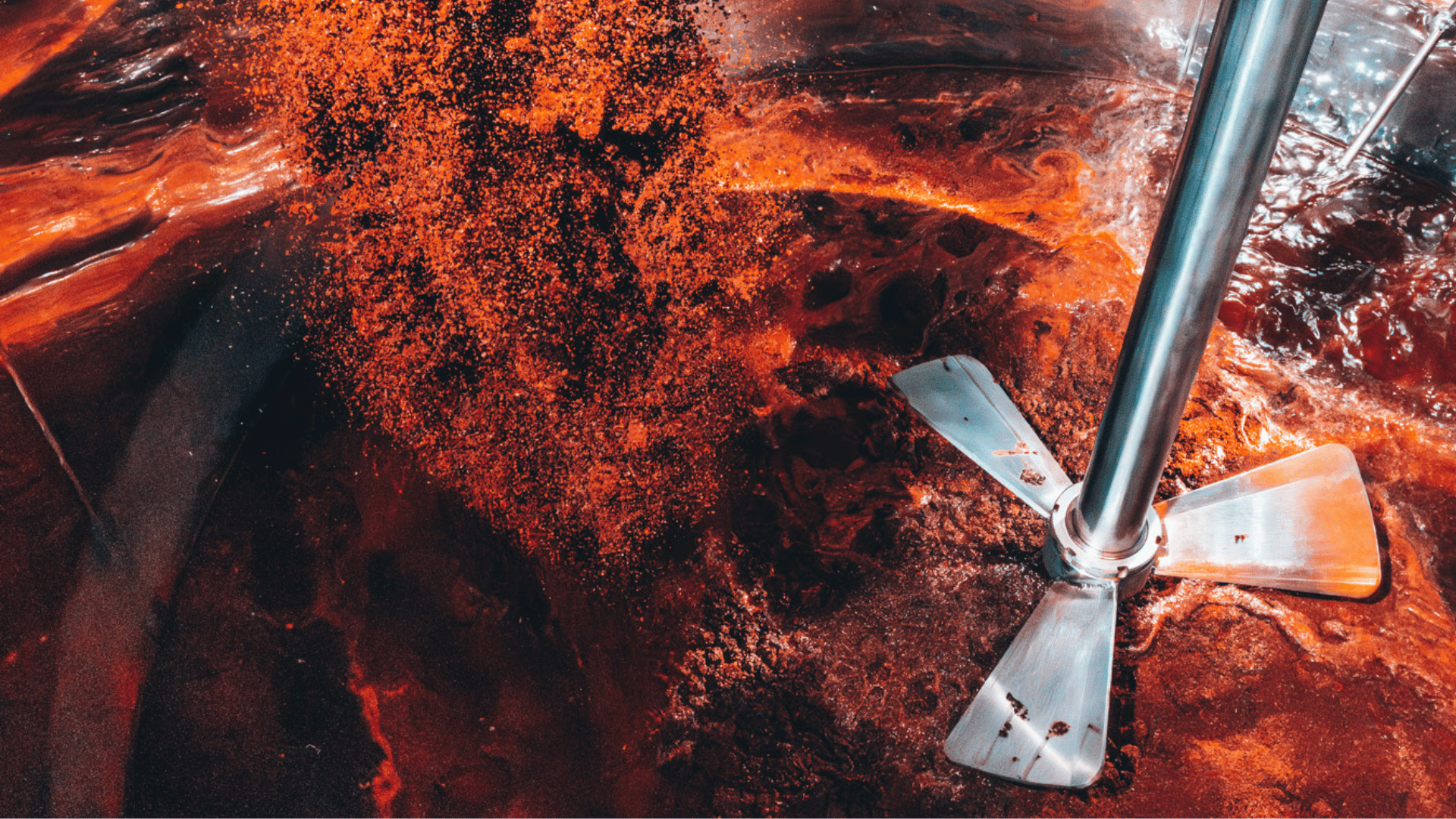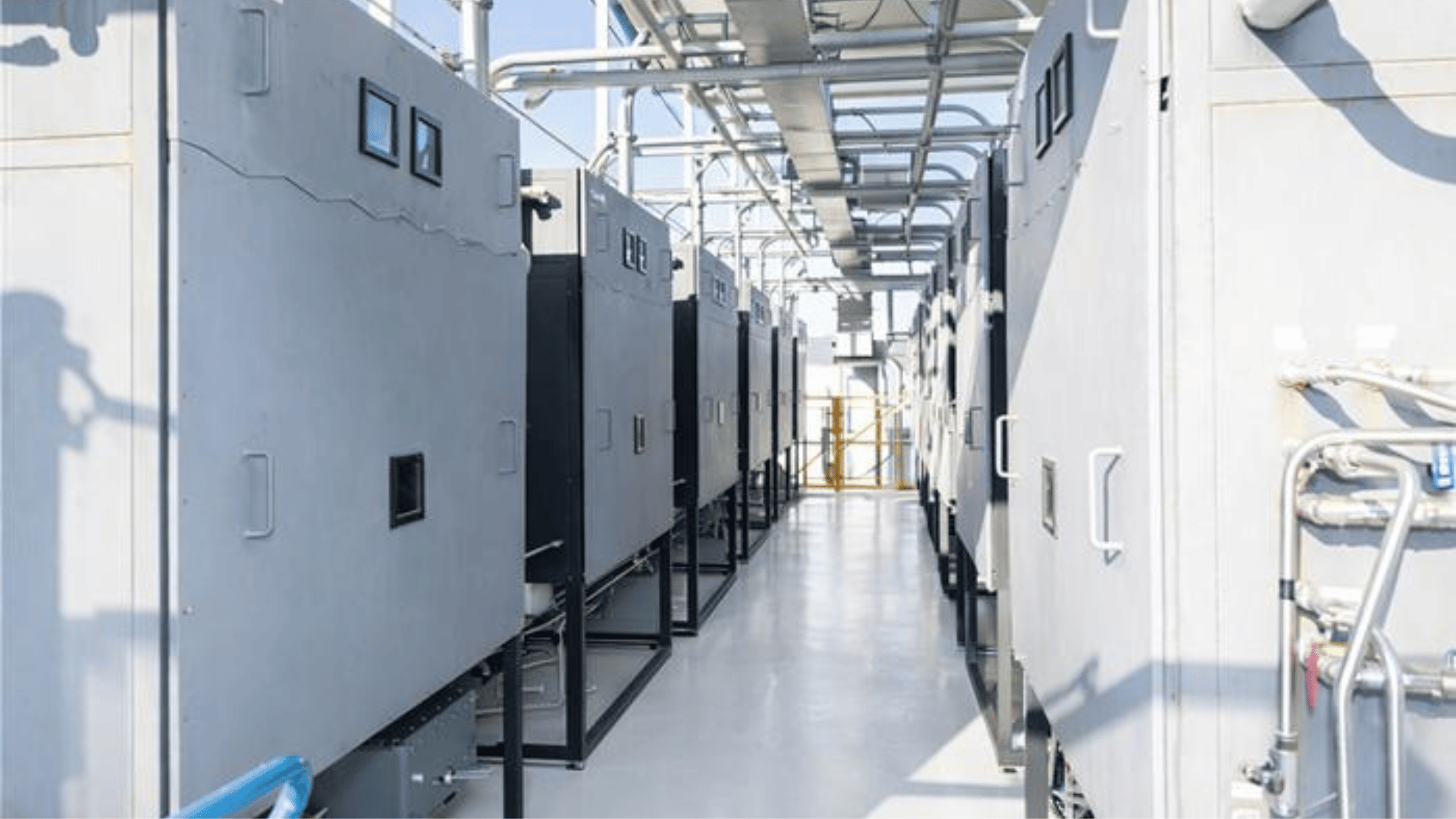As National Sustainability Day arrives on October 22, the conversation often centers on global corporations, but small, local businesses often drive genuine, transformative change.
We sat down with John Mleziva, founder of State Line Distillery in Madison, Wisconsin, to explore their radically transparent approach to spirits. State Line’s unique “grain-to-glass” philosophy means they source every organic ingredient, from wheat to botanicals, from local Wisconsin farms, drastically reducing transportation impact and nurturing the regional economy. This dedication to a closed-loop, small-batch process minimizes waste while maximizing quality and community connection.
Mleziva details how this deeply rooted approach serves as a blueprint for ethical distilling and why sustainability is essential, even at the craft level.
Driving Sustainability in a Distillery

TWT: Beyond quality control, how does having input and control over the entire process—from selecting the organic grains to bottling—directly support your sustainability and ethical goals?
JM: It provides the structure for us to know exactly what is happening at each step in the process. Not only does that allow for traceability, but it also provides an opportunity to support other businesses who are committed to sustainability and regenerative agricultural practices.
TWT: What does the direct relationship with local farmers in the Driftless Region look like, and how does sourcing every grain locally compare, from a sustainability and complexity standpoint, to the industry standard of purchasing generic bulk ethanol or spirits?
JM: When we first began working with farmers to source our grain, the framework didn’t exist like it does today. It was a patch work of farmers who were interested in working with local companies who wanted to source raw ingredients locally. In the beginning, there was a good deal of complexity in terms of forecasting.
JM: Fast forward to today, and we now work with a company called Meadowlark Organics, a group of farmers committed towards the practice of regenerative agriculture. Meadowlark stores and prepares the grain from several farms throughout the Driftless Region of Wisconsin. This provides us some insurance in case of a crop failure from a single farm, and it also provides insurance to the farmers because there is an organized pool of businesses using their grains for food or beverage production. This ensures the grain they grow will be sold.
TWT: How much of a difference does hyper-local sourcing make in State Line’s overall carbon footprint compared to a distillery sourcing grains from across the country or internationally?
JM: It dramatically reduces the energy needed to get the grain purchased for our distillery. That means there is less fuel being burned by trucks having to drive hundreds of miles each way. Organic farming practices also use less water than traditional farming and help to increase the vitality and resilience of the soil, which is better for the planet.

TWT: What does the “closed-loop, small-batch process” look like in practice?
JM: The beauty is that with the structure Meadowlark Organics created, the process is actually quite simple. We talk directly to our grain suppliers, and once or twice per week, they drop off the quantity of grain we need for the week. When we are finished with the grain, one of the farmers picks up the spent grain and feeds it back to their livestock or uses it as a natural fertilizer.
TWT: How do you manage and repurpose those valuable byproducts to minimize waste?
JM: As I mentioned previously, we work directly with the farmers to pick up all of our spent grain and used coffee grounds. Instead of these items down the drain, they are used in secondary processes. We don’t charge the farmers for these by-products, and they don’t charge us to pick it up, which is a win-win scenario for all parties involved.
TWT: How important is it to you that State Line’s dollars stay within the immediate Wisconsin agricultural economy, and what kind of long-term stability does this commitment provide for your farming partners?
JM: This is a key aspect to our business. Beyond being better for the environment, I believe the unique qualities of the Driftless Region influence the flavors of the grain and provide us with an opportunity to create spirits that are uniquely Wisconsin. The fact that we are forecasting 2 to 3 years out allows farmers to be confident that the dollars they invest in planting specific grains will be purchased by us and others. Having this stability is crucial for everyone involved.
TWT: What is the biggest challenge a small business faces when trying to make intentional, sustainable choices that might involve higher upfront costs or more complex logistics?
JM: The biggest challenge is creating the structure so that there is a reliable way to source sustainably grown raw materials. We are very lucky to be located in a State that has such a rich agricultural history, and even so, before Meadowlark Organics was created, it was very challenging to source grains locally.
TWT: How do the natural resources of this specific, unglaciated land—the soil, the water—influence both the flavor profile of your spirits and the conservation decisions you make daily?
JM: The Driftless Region is such a unique area of the country. It is marked by the lack of glacial drift, which created a very unique landscape and soil compensation when compared to the rest of the Midwest. Several grains, including soft red winter wheat and rye, grow exceptionally well in this region. The soil structure itself provides a unique terroir that impacts the final flavor characteristics of the spirits we produce. I would describe them as softer and rounder on the palate.
TWT: What steps have you taken at the Madison facility to address energy use, water consumption, and other utility-based sustainability metrics to ensure your production is as efficient as possible?
JM: Distillation is a water-intensive process. To help combat this, we recapture the water used during the distillation process so that it can be repurposed for cleaning.
TWT: How can consumers engage in “mindful consumption” and use their purchasing power to support businesses that prioritize sustainability?
JM: I think one of the easiest ways consumers can engage in ‘mindful consumption’ is to take time to look into the companies they are purchasing goods from. Taking a moment to learn about the values of a company can go a long way towards aligning with companies who are working to make a difference in whatever space they might be in. And of course, sharing that knowledge with friends and family makes a huge difference. Having a friend tell you about a company that is committed to sustainability has a much higher impact when compared to us talking about it.
TWT: For other small business owners—whether in food/beverage or another industry—who are looking to integrate sustainability into their core mission but don’t know where to start, what is one piece of actionable advice you would offer them?
JM: Find other people in your community who are like-minded about building a business model that includes sustainability as a key aspect. Having a community of people all working towards a similar goal is helpful on so many levels. Momentum and change arise from groups of individuals all working together towards a common goal.







